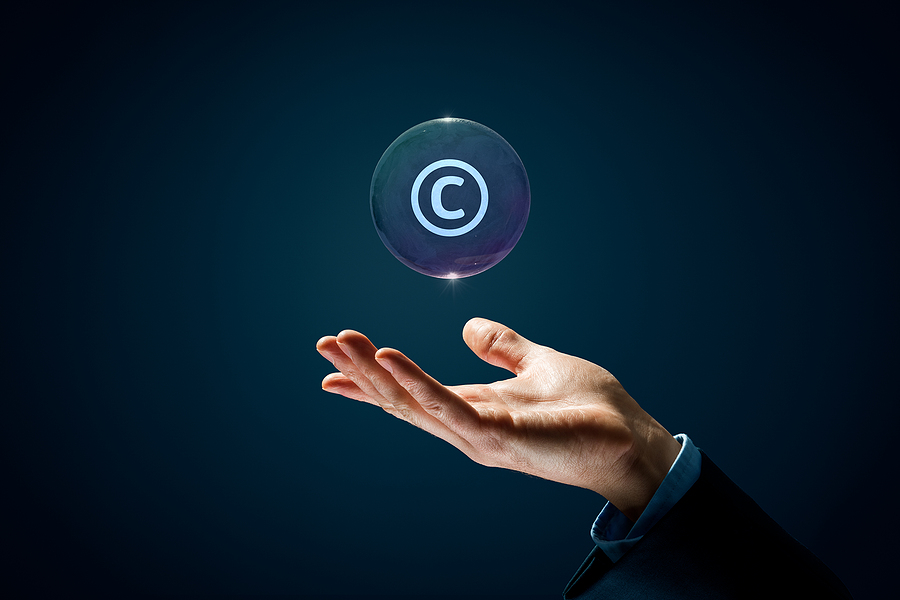I try to post something about this every year. This year is no exception.
In the United States, under U.S. copyright law, works published in 1929 and earlier are now in public domain. One can publish them or use them without securing copyright permission. In case you are wondering about the specifics, the Copyright Term Extension Act (passed in 1998) gave works published from 1923 through 1977 a 95-year term limit. They enter public domain on January 1 after the conclusion of the 95th year.
This law applies not only to books but anything under copyright, like films and music.
Notable titles are on this year’s list:
A Farewell to Arms by Ernest Hemingway
The Maltese Falcon by Dashiell Hammett
A Room of One’s Own by Virginia Woolf
The Seven Dials Mystery by Agatha Christie
Cup of Gold by John Steinbeck (his first novel)
The Roman Hat Mystery by Ellery Queen (the pen name for Frederic Dannay and Manfred B. Lee)
Two well-known characters are now on the list:
Popeye
Buck Rogers
Musical compositions include:
“Singing in the Rain” lyrics by Arthur Freed, music by Nacio Herb Brown
“American in Paris” by George Gershwin
“Bolero” by Maurice Ravel
“Tiptoe Through the Tulips” lyrics by Alfred Dubin, music by Joseph Burke
This means you can write a novel with both Popeye and Buck Rogers as protagonists looking for the Maltese Falcon while singing “Tiptoe Through the Tulips” and use them all without permission.
Please don’t.
Looking ahead, next January 1 the following will enter public domain: Betty Boop, Mickey Mouse’s dog Pluto, detective Nancy Drew, and Agatha Christie’s Miss Marple.



